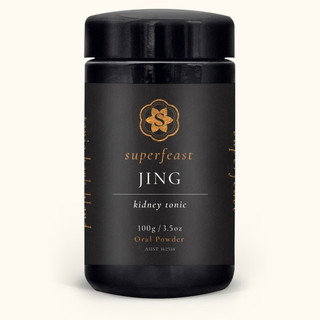Hormones are chemical messengers that influence the way our cells and organs function. Our body is made up of several different types of hormones with different functions, that are all influenced by one another. All these hormones are produced, stored and secreted through various glands that make up our endocrine system.
The major glands of the endocrine system are the hypothalamus, pituitary, thyroid, parathyroids, adrenals, pineal body, and the reproductive organs including ovaries and testes. The Pancreas is also a part of this system, it has a role in hormone production as well as in digestion and insulin.
Proper hormone balance is so important because they control growth, development, reproduction, metabolism, mood, sleep and digestion. High stress, health issues and trauma, strenuous exercise, prescription medications and poor diet cause disruption in hormone levels.
Hormonal imbalance has become the norm in our society today amongst both men and women as we struggle to maintain a balance life. As we struggle with to maintain a balanced life due to too much stress, a poor diet, too much exercise, sedentary life, prescription medicines and a toxic overload. A combination of these factors can lead to disruption in the hormone levels. When the body produces too much or little of a certain hormone it leads to imbalance and then sickness.
Depending on the hormones are involved, a woman will experience a range of symptoms including menstrual irregularities, infertility, headaches, insomnia, breast pain, anxiety, food cravings and loss of libido, moodiness, weight gain, digestive problems and acne to name a few issues.
As for men, symptoms include fatigue, weight gain, low libido, erectile dysfunction, poor motivation, mood swings irritability, loss of mental sharpness, reduction of muscle mass and cardiovascular disease.
In TICM, we have something called Jing which is known as an essence. This is made up of three main energy components responsible for keeping the mind, body and spirit in balance. Jing also is responsible for nourishing cells, tissues and organs throughout the course of your life. Jing is related to hormones because this essence is housed in the Kidneys. The Kidneys control the growth and development and reproductive system in the body. When hormones are imbalanced the essence depletes and therefore, the goal in TICM is to restore Jing. Balanced Kidneys and Liver will result in balanced hormones. Hijama, acupuncture and Chinese herbal medicine are an wonderful and natural way to balance out hormone levels as it redirects the flow of energy so the body's energy can be guided to healing itself.
Everything is related in TICM and hormone imbalance also relates to your emotions or stress, which is something western medicine and science do not recognise. If you have suppressed feelings or are overwhelmed with stress, make sure to treat that just important as physical symptoms. Remember, your body wants to heal and be healthy, knowing that is a great gateway to health.
Medical doctors treat hormonal imbalance with drugs like hormone replacement therapy, birth control pills, thyroid drugs and more only mask the symptoms and require life long treatment and drugs. In TICM, we always like to treat the root imbalance.
Acupuncture and hijama: find a TICM doctor to help you with herbs and more. It is proven to really help balance organ and hormone function.
Use adaptogens: a specific type of herb that is now becoming much more well known due to their healing properties and the fact that they promote hormone balance. Schisandra is my favourite adaptogen that is known in TICM as a superior and elite herb that promotes longevity and wellbeing. Because this herb works for Liver harmony, it addresses the adrenals by responding to excess stress by modulating endocrine and immune functions. Schisandra combats poor metabolism symptoms such as fatigue, endurance, frequent infections, and blood sugar swings as well as stressors like stress and over-work by tonifying the adrenal cortex and Liver.
Your TICM doctor will also make diet and lifestyle changes according to your specific diagnosis and then make adjustments as the hormones come back into balance.




Comments